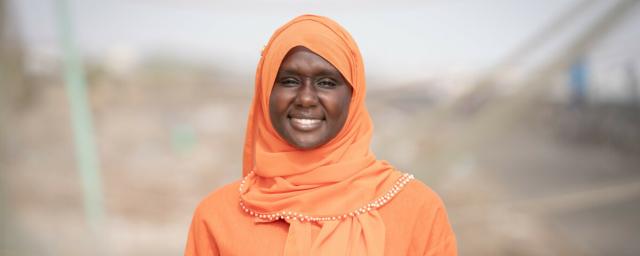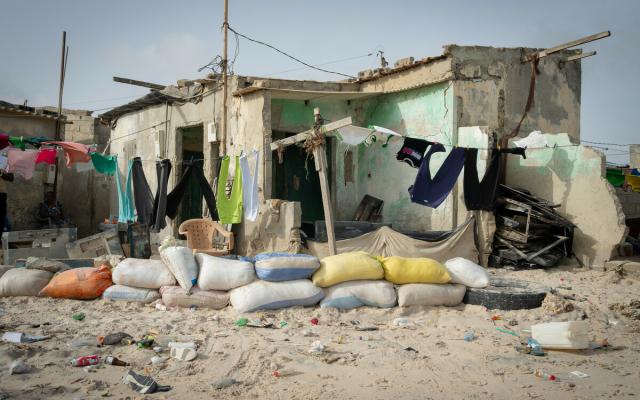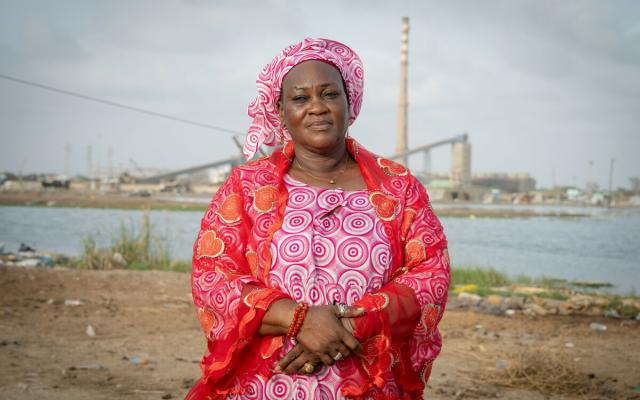
Walinata Seck and Oxfam partner Recycl’Or support women in Senegal to improve household waste management. (Photo: Djibril Dia/Oxfam)
Senegal, officially the Republic of Senegal, is the westernmost country in West Africa. While it is characterized in the continent by political alternation, democratic stability and diplomatic leadership, it faces significant challenges related to economic inequality and social injustice. With a population of over 18 million, including a substantial youth demographic, addressing these issues is crucial for sustainable development and social cohesion.
Challenges
In the aftermath of the presidential election that led to a new alternation putting an end to two years of political tensions, Senegal continues to face major challenges. Nearly two out of five Senegalese live below the poverty line, with almost one in two living in rural areas. With a projected population of almost 39 million in 2050, if no measures or reforms are implemented, demographic growth would push the number of informal workers to 4 million, while the number of unemployed will rise to 2.7 million by 2050.
Senegal is facing a growing debt servicing burden, which severely limits the country's fiscal room for maneuver to finance essential development projects. At the end of September 2024, the government shared the provisional results of the public accounts audits that the new government launched as soon as it took office. The budget deficit and public debt are reported to be much higher than those declared by the previous political regime.
Despite these major challenges, opportunities exist through ongoing reforms in governance and resource management, particularly in the extractive sector, which could enhance community benefits if effectively implemented.

Homes along the beach in Bargny have been rendered uninhabitable by rising sea levels, displacing more than a thousand people. (Photo: Djibril Dia/Oxfam)
Impact on People
Senegal is experiencing a number of negative impacts due to climate change, including reduced rainfall, desertification, coastal erosion, soil salinization and loss of biodiversity. These phenomena affect agriculture, fishing, access to drinking water and the health of populations. They compromise agricultural yields and increase Senegal's dependence on food imports, while increasing the precariousness of communities.

Fatou Samba represents an association of women fish processors who smoke the fish brought in by the fishing boats. (Photo: Djibril Dia/Oxfam)
Looking Ahead
It is essential to strengthen community involvement in decision-making processes and ensure that resources are allocated equitably. Continued advocacy for transparent governance and effective implementation of social protection mechanisms will be critical in addressing the needs of communities and fostering sustainable development in Senegal.